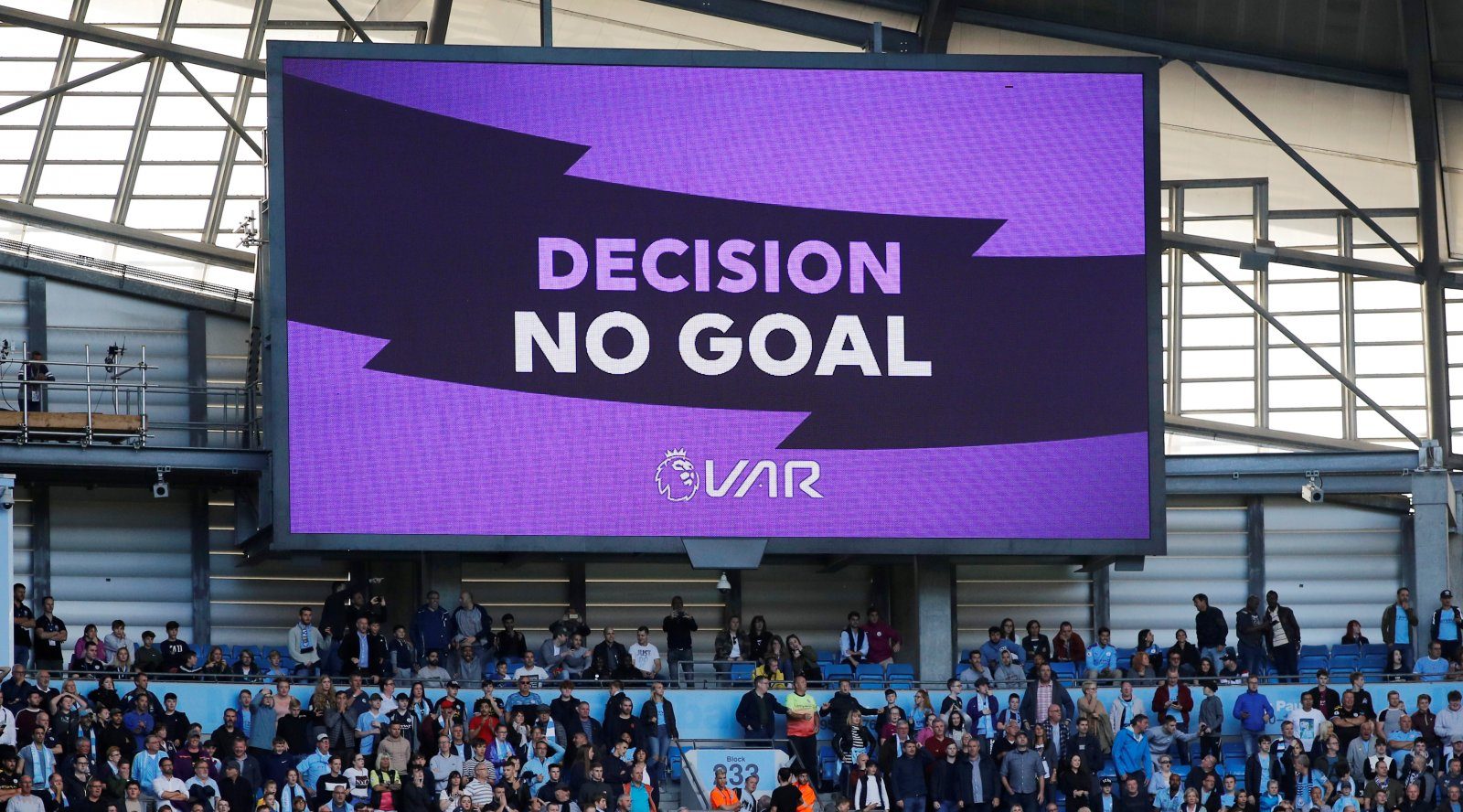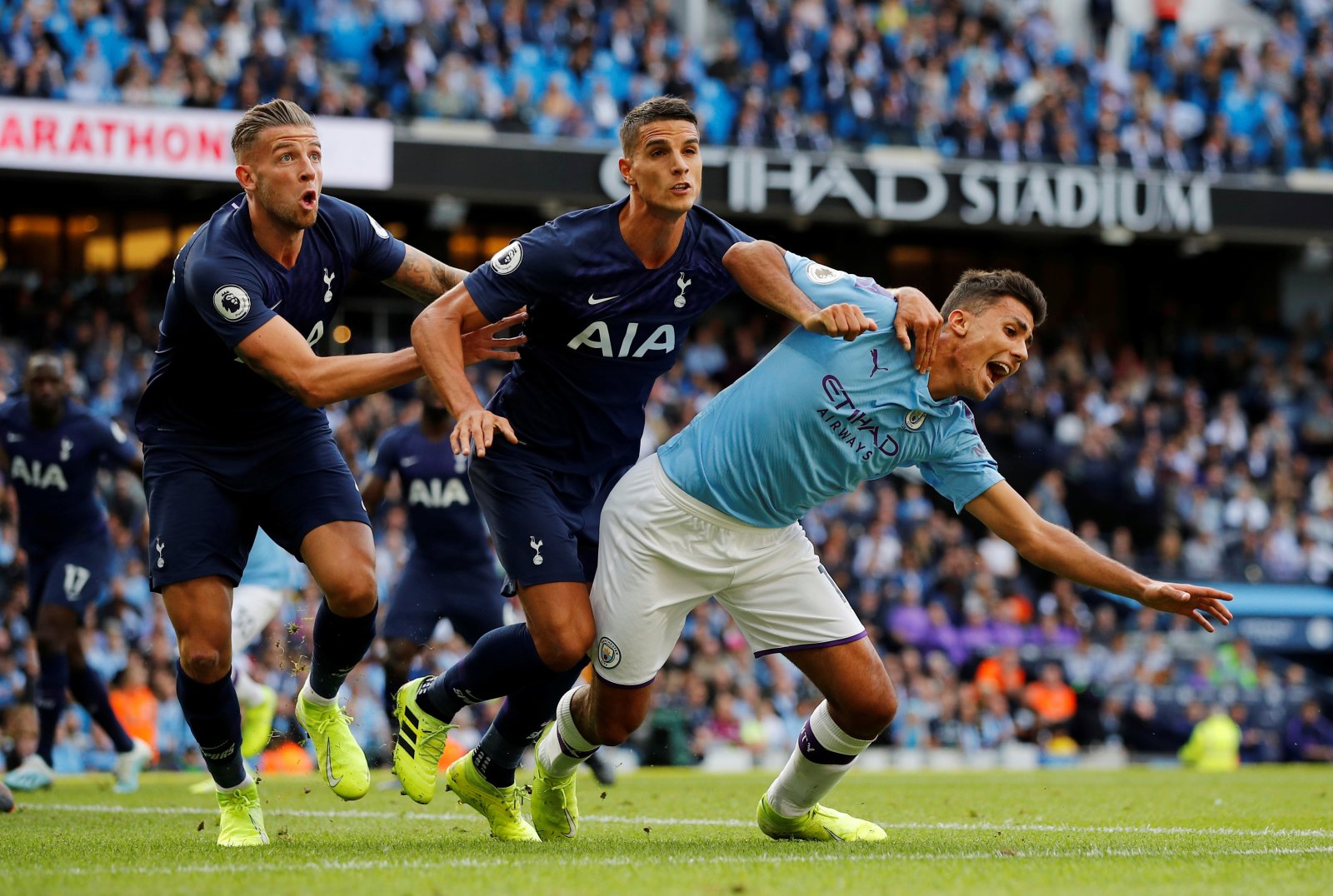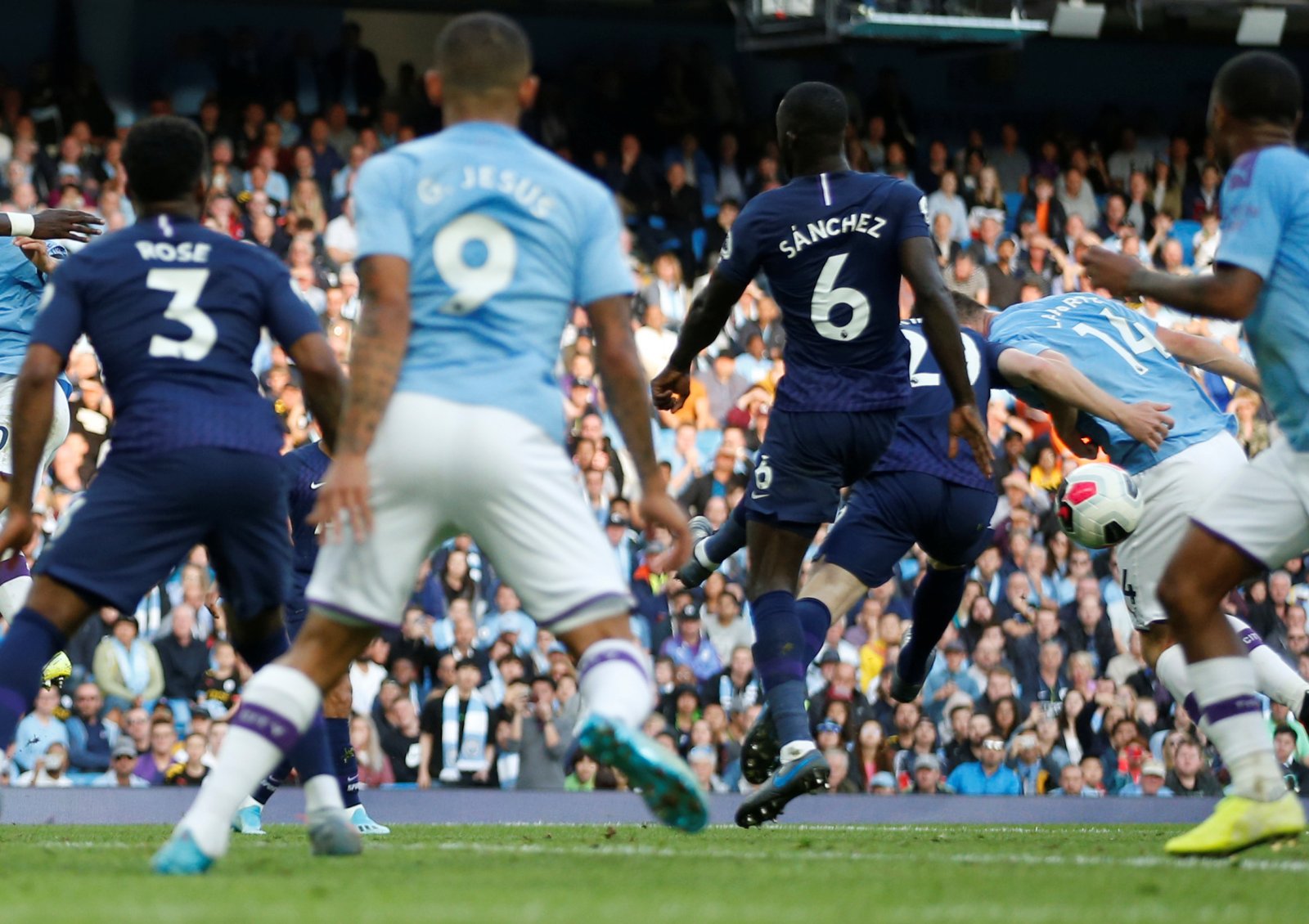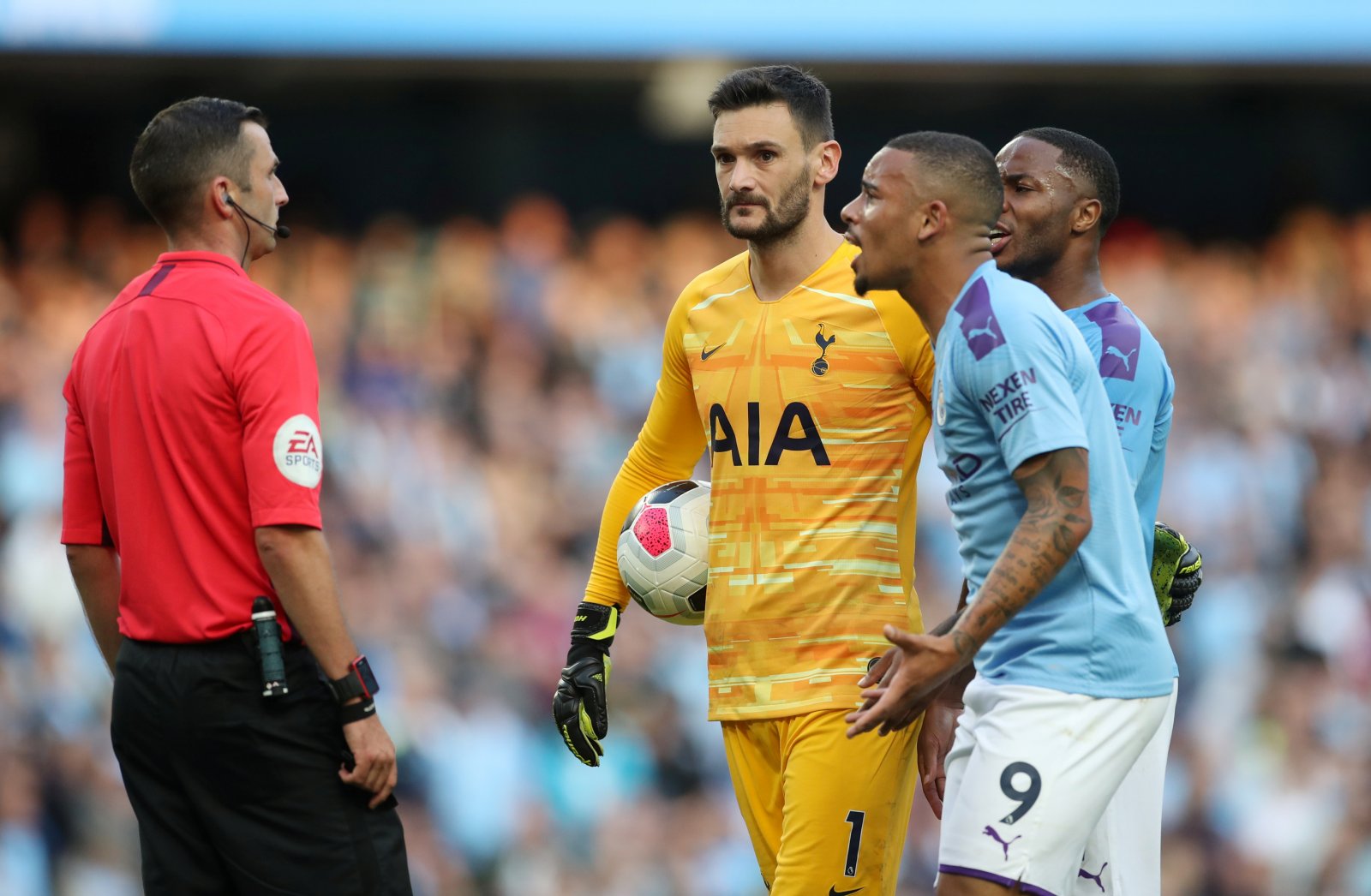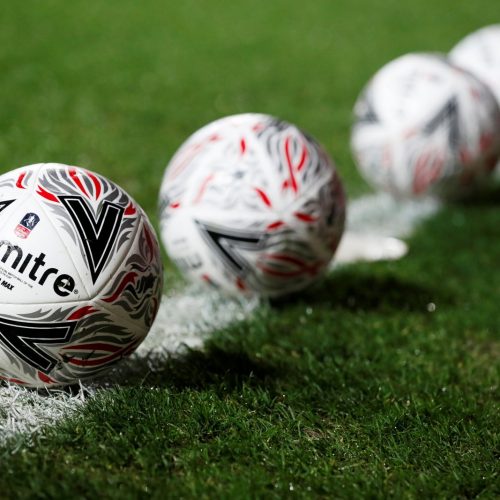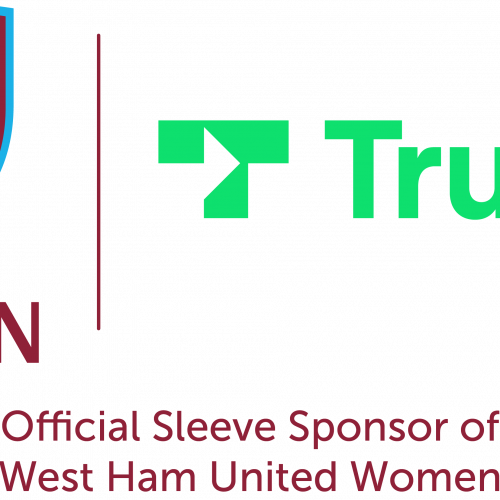Can we implement rules to help VAR? The case for a tennis-like ‘challenge’ system
VAR hasn’t stayed out of the footballing news since the Premier League kicked off. Even with the technology that’s designed to deliver perfect results in place, it seems viewers are finding some things very imperfect about it.
In reality, the complaints we’re witnessing across social media, the press, and the players and managers themselves are somewhat justified. Those attending matches at the stadium rarely have a clue why a decision has been ruled for or against them, the technology hasn’t always been used to double-check certain key incidents and questions are now being raised about whether the sheer euphoria of a goal is in danger of being diluted by scepticism of whether or not it will be over-ruled.
These problems are already making many question whether VAR’s introduction to the Premier League was the right thing to do, despite the majority of people wanting it. Well now’s its here.
One of the biggest issues with VAR isn’t the technology itself. People often forget that VAR is not a living thing, and we almost speak about it as if it has its own human entity. Video assistant referees are cameras designed to pick up all angles of the game and deliver it back to officials at a pace and view that allows them to make the perfect decision on a certain matter.
So, in the case of Manchester City against Tottenham on Saturday, VAR didn’t deny Rodri and his side a penalty, it was the officials and their implementation of the technology along with the crew at Stockley Park. Had we not been able to see the incident, then VAR would have failed.
Likewise, Gabriel Jesus’ chalked-off 92nd winner was denied by a somewhat divisive handball rule, not by VAR. It’s essential that we understand what the actual problem is, where the confusion lies, and then we can begin to tackle the problem. Simply shouting about that VAR is s**t, doesn’t solve anything.
The Challenge System
The way most people see it, there’s two main issues that went against Pep Guardiola’s side on the weekend: Rodri’s denied penalty appeal, and Aymeric Laporte’s unfortunate handball.
Like in tennis, the challenge system would clear up a lot of issues, including the debate about the new handball rule. Here me out here:
Imagine a world in which that game was played with both sides starting the 90 minutes with two or three challenges each, let’s say three for arguments sake. As things stand in the real world, the onus is always on the referee, officials and VAR official to spot certain incidents and make an almost immediate decision. Though, what we forget is that there are 22 footballers on the pitch, plus the coaches and managers on the sidelines, and let’s not forget the fans as well.
Now imagine that the foul on Rodri occurred as it did, but this time the officials and VAR have no decision to make until the Manchester City captain decides to appeal and ‘challenge’ the decision. If the player who’s been supposedly fouled genuinely stands by his claim, then he can discuss with his captain who will have the next minute to make a decision.
This will encourage honesty amongst players. Furthermore, the player has to state why he believes he was fouled, therefore ensuring the referees aren’t wasting time seeking for mistakes that weren’t obviously noticed by anybody.
Now apply this to the handball rule that denied Gabriel Jesus the winner on Saturday. The main criticism of the rule is that it’s simply too unfair to chalk-off a goal for a very accidental and minor touch off the hand. Though I don’t mind this rule (as at least it brings clarity), the challenge system will allow you to measure perfectly how much the ‘handball’ truly impacted both sets of players.
I think it’s fair to say that no Tottenham player would have spotted the handball by Laporte, and therefore followed up the goal with a challenge to the referee and VAR. Therefore it wouldn’t be reviewed and ‘justice’ to the attacking player and his very accidental error would be done. However, if Spurs did notice it, then they have every right to appeal it and a clear answer will come of it upon review.
Conclusion
I’m sure someone will find issues with the challenge-system, but I for one don’t see any. By putting responsibility on the players as well, we can help referees and ensure that VAR isn’t used to review every single decision. It also holds clubs accountable if they constantly challenge decisions that don’t get overturned.
Challenges can only do good for both the game itself and for technology. It will encourage honesty in the game, it will encourage fans, players and managers to significantly lower the amount of abuse given towards officials and it will speed up the current VAR implementation as not every decision is reviewed, and those that are have to be questioned with reason by the protesting team.
It’s a system used successfully in tennis and in cricket as well, so why couldn’t it do well in football?
The next Digital Sport London event will take place at Lord’s Cricket Ground on September 9th. We’ll be talking about the future of cricket with Owen Hughes, Nissan; Chris Hurst, ex-BBC and ICC; and Andy Muggleton, MCC.
About author
You might also like
Leeds United become first football club to sell official jerseys on TikTok
Leeds United is the first football club in the world to partner with TikTok to sell official merchandise and replica jerseys. Coinciding with the release of the new rhapsody purple,
Lewes FC Appoints Sue Anstiss To Its Board Of Directors
The Lewes FC Board is delighted to announce that it has co-opted Sue Anstiss as a Lewes FC Director. Sue has been a driving force for equality in sport for
Trustly extends partnership to become West Ham United Women’s Sleeve Partner
West Ham United is pleased to announce that Trustly has enhanced its relationship with the Club by becoming the Women’s Sleeve Partner. Trustly, the leading global account-to-account payments platform, became

